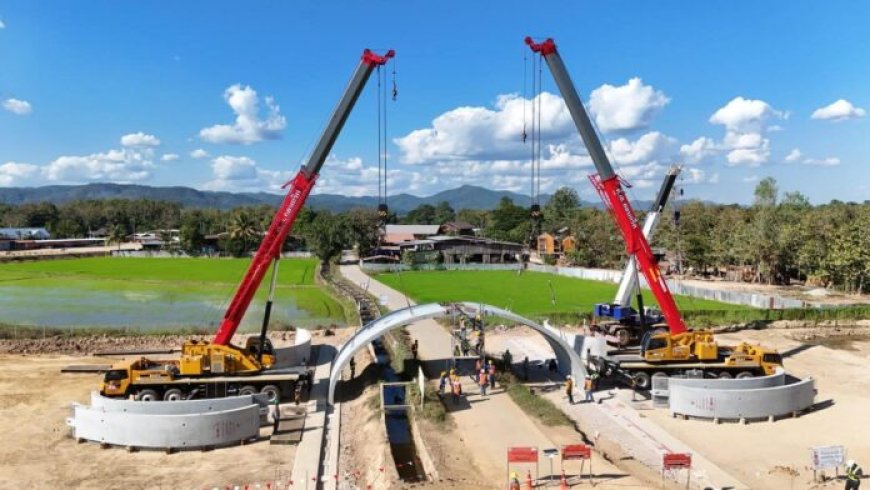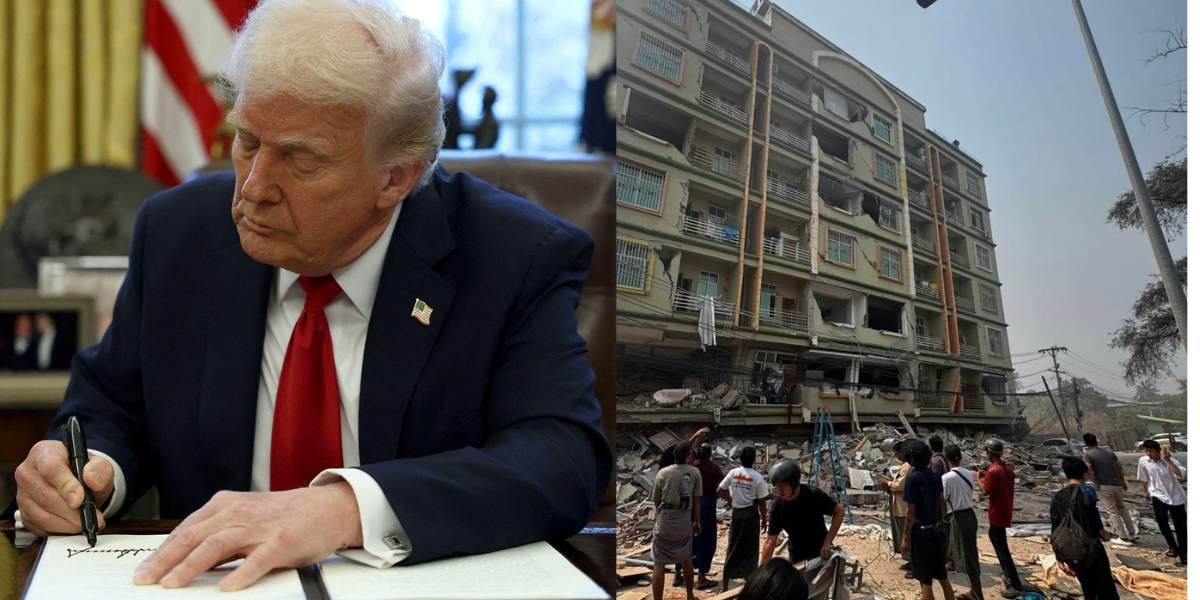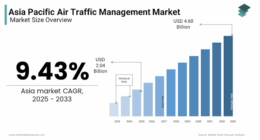The Italian-Thai Development Public Company Limited (ITD), which has assets of over 100 billion baht (2.83 billion U.S. dollars),
Bangkok – The Italian-Thai Development Public Company Limited (ITD), which has assets of over 100 billion baht (2.83 billion U.S. dollars), liabilities of over 100 billion baht, and annual revenue of 50–60 billion baht (1.41–1.69 billion U.S. dollars), is the talk of the town in the Thai construction contractor industry.
Liquidity issues are plaguing the company run by the Karnasut family, who have dominated the construction empire of massive projects both locally and abroad for more than 60 years.
They are facing cash flow issues and are unable to pay subcontractors, amidst a lack of major project bids, rising interest rates, and over 10 billion baht in bond payments due this year and next. As a result, they have had to ask bondholders to vote to postpone payments for 2 years.
Recent news from Italian-Thai Development Public Company Limited (ITD) admits that the company has been struggling with liquidity problems for some time. This is mainly due to overseas investment projects, such as the Dawei project, in which over 7-10 billion baht have already been invested, but not progressing. This is due to various factors, including the political and economic situation in Myanmar, which is still uncertain.
There are also other projects, such as the potash mining project in Udon Thani province, which has caused the company a lot of trouble in the last 1-2 months. As a result, some construction sites have been slow to make their payments, instead of on the 5th and 20th of each month as originally planned.
“We have changed the way we pay our employees. The four big banks, which are our creditors, now have control over our finances. They pay the salaries of employees and suppliers directly when the money from the construction fees comes in. The banks also want cash flow because we have a lot of debt, about 100 billion baht. We are currently in talks with the banks to ask them to support us and increase our liquidity. We have been in talks for 2 months now and expect to close by the end of March,” the source said.
On February 29, 2024, Italian-Thai sent a letter to the Stock Exchange of Thailand, shareholders and investors, stating that the company is required to submit its consolidated financial statements and separate financial statements for the year ended December 31, 2023, later than the deadline set by law and regulations.
The reason for this is that some of the data is currently being processed by the company and the auditor needs a little more time to review it to ensure that the financial statements are accurate, complete and reliable. Therefore, the company would like to inform you that it is postponing the submission of its annual financial statements and expects to be able to submit them by 29 March 2024.
Major contractors like Italian-Thai require the job they are doing to be worth at least 100 billion baht. The Italian-Thai stamp can be seen on highways, bridges, electric trains, dual-track trains, high-speed trains, airports, and ports.
According to industry sources, the Italian-Thai conflict can be compared to a snake eating its own tail. There would be a cascading effect if it fell. It’s likely that the state won’t allow it to fail, therefore the banks will need to assist.









